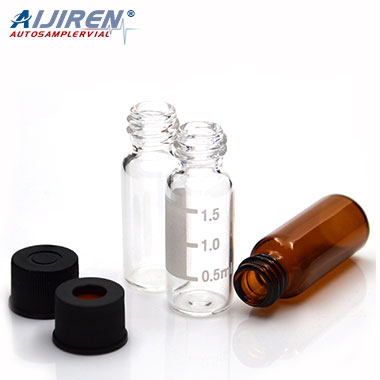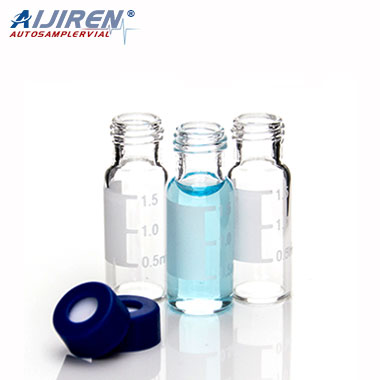Explore the vital role of membrane filters in the textile and dye industry, ensuring purity, precision, and vibrant coloration.
Explore the vital role of membrane filters in the textile and dye industry, ensuring purity, precision, and vibrant coloration.
Learn how advanced membrane filters like nylon 66 and hydrophilic polyethersulfone tackle fouling in filtration applications.
Discover the versatility of PTFE syringe filters for suspensions & emulsions filtration. Explore pore sizes, hydrophilic & hydrophobic options. Expert insights!

Syringe filter membranes are essential tools used in various laboratory processes to purify solutions by removing unwanted particles and contaminants. As such, it is common for scientists and researchers to have questions regarding the use of syringe filter membranes. This is where Frequently Asked Questions (FAQs) come in handy. In this article, we will explore some of the most common FAQs about syringe filter membranes, including their purpose, selection criteria, and maintenance.

PVDF syringe filters are widely used in various laboratory applications such as sample preparation, sterilization, and filtration of biological and chemical samples. These filters are made of polyvinylidene fluoride (PVDF), a highly versatile and chemically resistant material that can withstand a wide range of solvents and temperatures. As with any laboratory consumable, there are several frequently asked questions (FAQs) regarding PVDF syringe filters. In this context, we have compiled a list of FAQs and provided concise answers to assist you in making informed decisions about the selection and usage of PVDF syringe filters.

Filtering is a common technique used in various applications to remove unwanted particles and microorganisms from liquids. One commonly used filter is the 0.45 um filter, which is designed to remove particles and microorganisms of that size or larger. In this set of FAQs, we will answer some common questions about 0.45 um filters and their applications.

0.22 um syringe filters are commonly used in laboratories to remove particles and microorganisms from liquids, especially when sterility is a crucial factor. These filters have a pore size of 0.22 micrometers, which allows them to effectively remove contaminants from the liquid being filtered. In this set of FAQs, we will explore common questions about 0.22 um syringe filters to provide a better understanding of their usage, capabilities, and limitations.